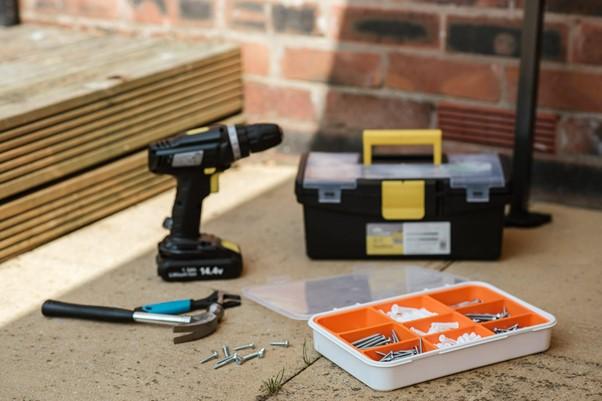Guide for Water Damage Abatement and Prevention in Washington DC

Most of the time, all damages related to water coming from rain, floods, and even slidings, are unexpected and take everyone by surprise. They, on some occasions, can cause great damages to properties, both public and private.
There might be people who wonder whether it is worth it to save a flooded house or not, but this is harder to guess. For example, in this article over here, it is mentioned that demolition can be as expensive as restoring, so it all depends.
If you have, for some reason, had your property damaged by one of these types of incidents, you might want to know how to properly react to it, and the things you can do to fix the situation and get back your property to the way it was before.
Deciding What to Do
On most occasions, restoring is worth it, but there are occasions where properties cannot be saved. It all depends on the gravity of the situation and how severe was the damage.
Frequently, the more damage a house receives, the less likely restoration will be worth it, but most of the time, houses can be restored to the point of turning the house back to a comfortable environment, and you won’t spend as much as you would spend in buying a new house.
The Help of a Professional
For things to work smoothly, though, you might need the help of a professional. Not only to do the actually restoring work but also, to analyze the property’s damages and come up with a precise examination. If you visit restoreunow.com, you’ll get to know how the restoration process goes, and how professionals prepare for it.
Normally, the examination process involves the inspection of the property’s structure and its pipeline systems. The restoration process involves the removal of the water that is flooding the area, then cleaning and cleansing all affected areas, then restoring it to an acceptable state.
This might include the removal of mold, which is caused by excessive humidity and water, cleaning trash, furniture, and goods that have been damaged or brought inside because of the water.
It is also very common that different parts of a house require a replacement because of the damages caused by the water. Believe it or not, water can actually cause big damages to the structure of a house, so don’t be surprised that a lot of damage has been caused to it after analysis.
This is the reason why professionals use protective gear and special equipment during the analysis process, to protect themselves from any possible threat. This includes falls, and structure crumbling.

Preparation is Key
The best way to react to a flood, though, is to be prepared beforehand and have a plan on how to react to the situation. This plan should involve all the family members so everyone knows what they should do if something like that happens. This plan should also be created for different situations such as earthquakes and fires.
Although in most occasions, you won’t be able to save your house and goods from getting damaged, if you create a plan you can expect to save at least some of the stuff that you know is important, and also, reduce the damages your house and furniture will receive.
You will also (and this should be your priority) protect yourself and your family from risks. For this, the plan should include evacuation routes, plans for sheltering, a plan for securing essential goods, and much more.
You can learn more detailed information about it in this flooding guide for beginners. Overall, avoiding structural damage in your property is always involved in purchasing or preparing special structure changes that will somewhat retain flooded water in specific areas of your house. For example, some people use special door frames that have slots for plastic coverture, that can avoid water from flooding to a specific area.
This can be difficult to prepare and most people wouldn’t go through the troubles, but there are cheaper, more effective ways to handle floods, but it all depends on what suits your property the most. You should try to learn about proper countermeasures and decide which ones are best for you, then take action.
More to Read:
Previous Posts:


